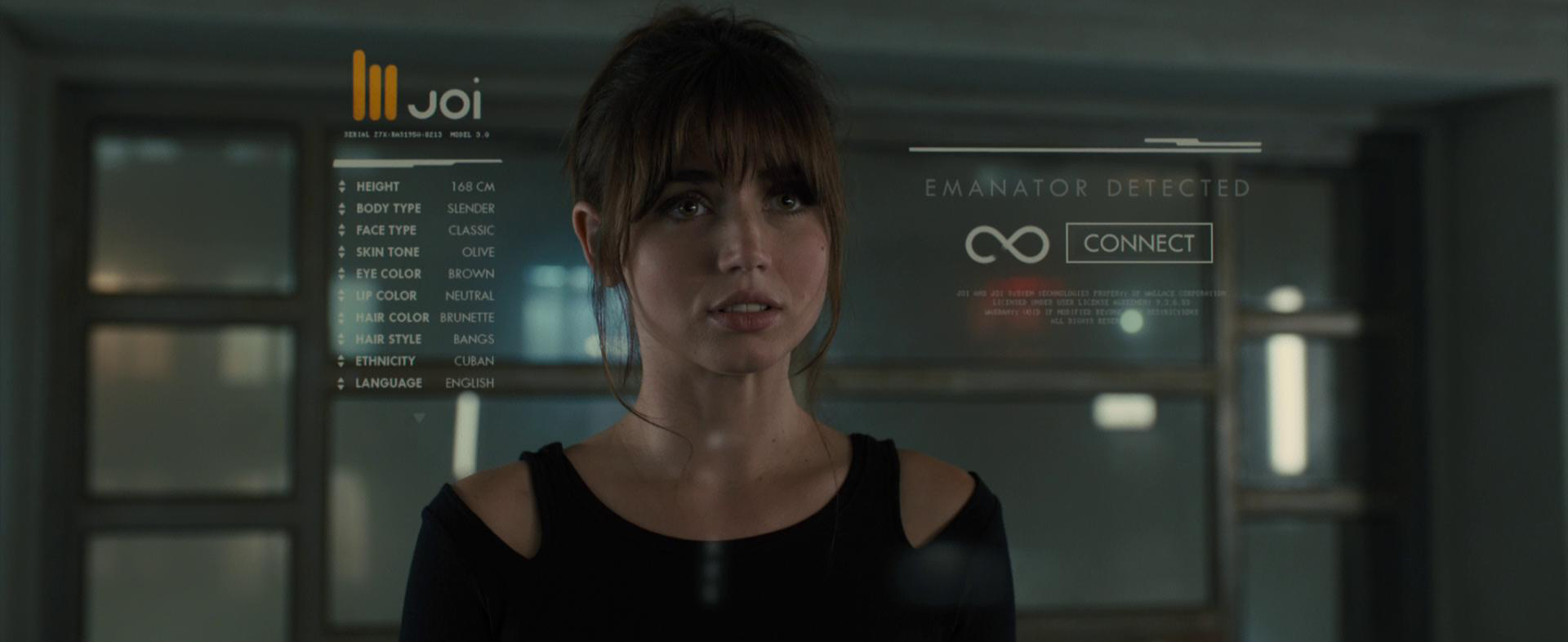An ugly issue exists in workplaces worldwide that is undermining people’s ability to be positive and productive at work. I’m referring to workplace harassment. Too often, these wicked acts go unspoken and thus unpunished. Yes, we’ve recently seen a massive purge in the entertainment industry. But, this doesn’t even begin to chip away at what’s happening in the rest of corporate America.
Can artificial intelligence be a remedy for this problem?
The Ugly Truth
The US Equal Employment Opportunity Commission estimates that 75 percent of all workplace harassment incidents go unreported. Even in the technology space, where you’d expect people to be forward-thinking, these issues are present.
For instance, Uber’s HR department systematically swept harassment claims under the rug to protect their “brilliant jerks”. But, the bravery of Susan Fowler to come forward opened the entire lid on workplace discrimination and harassment at Uber. Ultimately, leading to the firing of 20 people, including their CEO Travis Kalanick.
Workplace harassment comes in a variety of forms. And in many cases, the aggressor gets away scot-free because they threaten the victim (Harvey Weinstein) or their co-workers vouch for them (Uber).
In other words, workplace harassment victims generally find themselves in a situation where they have absolutely no leverage. Fortunately, technology might balance these scales.
Reporting Harassment with Spot
In classic Silicon Valley fashion, artificial intelligence is being applied to this workplace harassment problem as a hopeful remedy. The app is called Spot and it is designed to help people open up about workplace incidents.
Spot differs from biased HR reps because it is designed to ask open-ended, neutral questions. For example, they’d never ask someone if their outfit could be a potential cause of sexual harassment.
By using natural language processing, a form of AI, Spot follows the flow of responses and tailors the questions real-time. This way, it feels more like writing in a diary than getting interrogated.
Once the questions are finished, Spot compiles the responses into a time-stamped, encrypted PDF report that the user can do with as they please.
Their creators believe that this should not only increase people’s likelihood of reporting incidents, but also make the reports more accurate and effective. In theory, this will make it more likely that action is actually taken against aggressors and not ignored.
This isn’t the first time we’ve seen AI chatbots designed to help people open up about themselves. Replika is a chatbot that acts as a friend to hundreds of thousands of people. That’s why I have a lot of faith in Spot’s potential of lessening this issue.
When it comes to workplace harassment, making the victim feel safe and empowered is very important. And that’s exactly what Spot is accomplishing.
Once again, here’s a great example of artificial intelligence that is helping people in a simple, yet profound way. As I alluded to in last week’s Quick Theories, the AI narrative is one of joblessness and hopelessness. It’s a toxic narrative that needs changing if we want AI to actually do good for us.
The Power of Narrative
Every moment of every day your mind is creating a narrative. This narrative encompasses your actions, your interactions, and your surroundings.
Perhaps you saw a Nike ad on TV that inspired a narrative of motivation. As a result, you start hitting the gym a bit more. One day, you look in the mirror and realize that you aren’t getting any results, thus your narrative becomes one of despair. As a result, you quit your workout routine and fall back into your old eating habits.
This is a very basic example where the narrative in your head created two completely opposite reactions. This is the power of narrative.
What we choose to tell ourselves is what we choose to pursue. It’s what we believe.
The very wise Kung-Fu philosopher Bruce Lee once said, “The mind is like a fertile garden in which anything that is planted, flowers or weeds, will grow.”
I don’t know about you, but I’d much rather plant flowers in my garden.
Thanks for reading this week’s Quick Theories. And if you have any thoughts on Spot or our personal narratives, feel free to shoot me an email.


